The 10 key people in Chile’s council to draft a new constitution
Chile kicks off a decisive stage to rewrite a text that aims to bury the country’s Pinochet dictatorship-era constitution
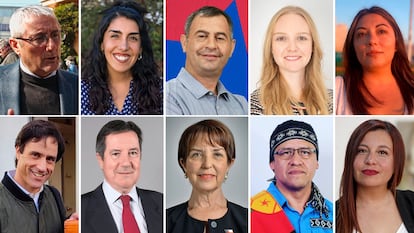

This Wednesday Chile takes an important step in drafting a new constitution to replace the one inherited from the Pinochet dictatorship. The 51 members of the Constitutional Council have been entrusted with creating a constitution that fulfills the aspirations of all Chileans. It’s the second attempt after the September 2022 rejection of a proposed constitutional draft in a national referendum. With the stakes so high, a new constitution must be crafted with utmost precision and care to effectively address the needs of the people.
The members of the Constitutional Council were elected in late May to produce a refined version based on a preliminary draft prepared by a group of experts. The Council has approximately three months to complete its mission. The Republican Party, representing the far-right, holds 23 Council seats. Next is the ruling Unity for Chile party with 16 members, and the various traditional right-wing parties won 11 seats. There is a single representative for Chile’s indigenous peoples.
Last Sunday, President Gabriel Boric, who had stayed in the margins of the second process after the first one failed, confirmed that he would approve the Council’s draft, and promised that he would make no further attempts at changing the constitution if the Chilean people reject it in the December referendum. The president will convene the inaugural Council session in the National Congress building in Santiago. He was also present on June 5 at the election tribunal’s certification of the vote to elect the Council members.
Ten key people have emerged as potential protagonists of the Council because of the number of votes they garnered, their political ambitions, and their representation of specific communities.
Republican Party
Louis Silva
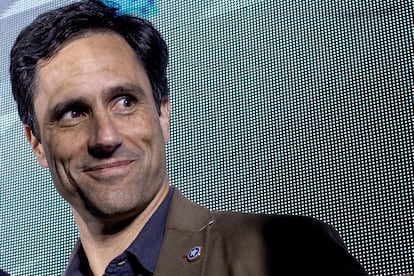
The top vote-getter is a constitutional lawyer and member of the Opus Dei who immediately sparked controversy with comments after the Council election questioning why the majority had to compromise with the minority. Silva later withdrew his statement. He advocates a smaller government and opposes legalizing abortion and euthanasia in the constitution. Silva and his party wanted to keep the constitution inherited from the Augusto Pinochet dictatorship, and he recently praised Pinochet’s leadership. On the 50th anniversary of the coup d’état against socialist President Salvador Allende, he urged the government to adopt a more balanced approach.
Ninoska Payuna
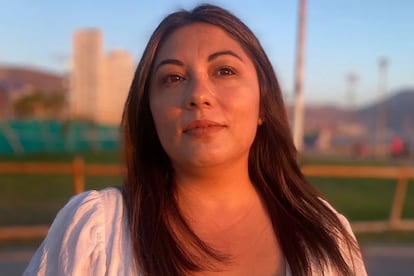
Payauna is of Aymara ancestry and won a majority in Tarapacá's northern region. The 34-year-old English teacher, who is also a radio host, pledged to guarantee freedom of education for Chile’s children. Until recently, her party viewed her as a strong candidate for the presidency of the Constitutional Council. However, revelations that she was arrested at 18 for shoplifting tarnished her reputation and forced her to withdraw. Payauna expressed remorse for her past mistakes, which she attributed to a difficult childhood. However, amidst ongoing scrutiny of her integrity and qualifications, she released a video on June 6 announcing withdrawal of her candidacy to become Council president.
Hector Urban
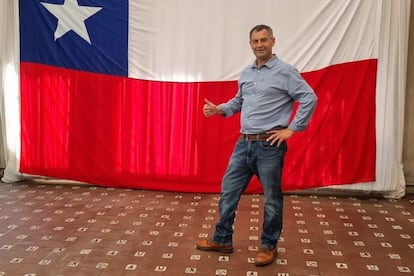
Following his win in the conflict-ridden Araucanía region, the 51-year-old farmer became the target of violence when gunfire sprayed his father’s truck and his own home, where he and his family were sleeping. “The government has failed to uphold its obligation to provide security for its citizens,” said the outraged Urban. Boric ordered security forces to protect Urban and his family, who have reported 400 violent incidents against them since 2000. Public security is the primary concern for Urban, who is vice-president of a major agricultural trade association.
Beatriz Hevia
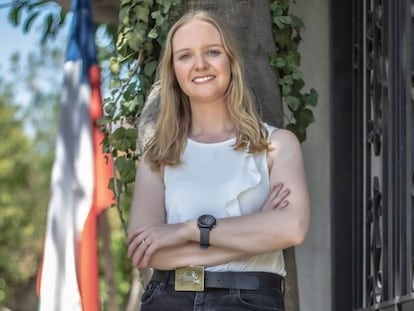
Hevia is a 30-year-old lawyer from Osorno (south-central Chile), who garnered the highest percentage of votes for a constituency in the Constitutional Council election. Although there was some talk of her presiding over the Council, her candidacy faltered. Hevia advocates preserving 85% to 90% of the existing constitution, which she considers “very good.” She worked as a youth coordinator during the first presidential campaign of Republican Party candidate José Antonio Kast in 2017. From 2018 to 2022, she served as an advisor to the Undersecretary of Economy during President Sebastián Piñera’s second term. She has previously worked in the international arena for the Ideas Republicanas think tank, which promotes public policies for family values and individual liberties. About the process of drafting a new constitution, Hevia said, “The party plans to listen to ideas that build a better country for everyone, without sacrificing its core values.”
Social Convergence Party
Aldo Valle
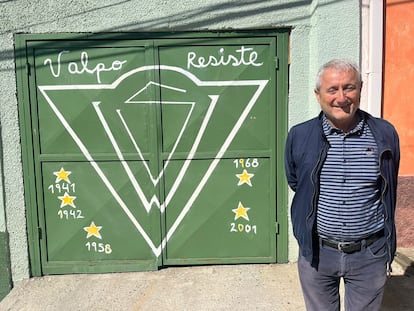
The ruling Social Convergence Party has nominated a 61-year-old lawyer, who formerly served as the three-term rector of the Universidad de Valparaíso and vice-president of the Council of Rectors of Chilean Universities (CRUCH), as their candidate for the vice-presidency of the Council. As a young man during the Pinochet dictatorship, Valle was Socialist Youth leader in the port region. He won his first election to public office as an independent with support from the Socialist Party. “Public policy decisions cannot be predetermined within a constitution,” he stated in an interview. Valle says his party will be loyal, transparent, and influenced only by sound arguments in the Council’s work. His political campaigns have focused on promoting economic development and strengthening public education.
María Pardo
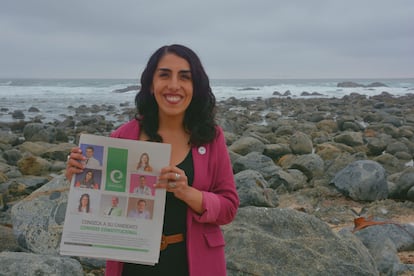
Pardo was elected by the Valparaíso Region and is being considered for the vice-presidency of the Council. This would only happen if the Republican Party proposes a candidate for the presidency. A 34-year-old with a PhD in constitutional law, she specializes in gender perspectives and the concept of dignity in constitutional law. An academic at the Catholic University of Valparaíso, Pardo hopes to identify and focus on the issues that all parties can agree on to achieve a broad consensus.
Karen Araya

The 43-year-old communist activist and general education teacher has served as the president of the teachers’ association in the densely populated municipality of La Florida, southeast of Santiago. In 2015, she switched from the Humanist Party to the Communist Party. During the 2011 student protest movement, Araya worked alongside Camila Vallejo, the current government spokesperson. Araya said her party would not shy away from pursuing the needs of ordinary Chileans in a brand-new constitution that guarantees fundamental rights. She has also said that Chile’s Republican Party represents a step backward for the country.
Traditional right-wing parties
Gloria Hutt
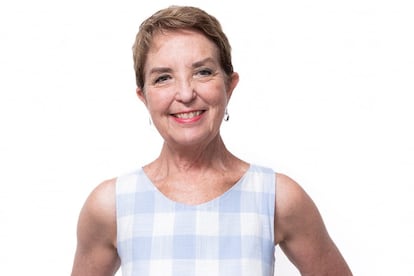
The president of the center-right Evópoli party is one of the best-known political figures in the Council. Gloria Hutt was Minister of Transport and Telecommunications in President Sebastián Piñera’s second term (2018-2022), when a large increase in public transportation fares sparked protests and provoked the country’s biggest social crisis since the Pinochet dictatorship. After 25 years working in transportation engineering, Hutt entered politics in 2010 as Undersecretary of Transport during Piñera’s first term. She advocates the freedom to live a life “without being hindered by prejudices or the government.” Hutt seeks to strengthen constitutional guarantees of civil rights such as education, health, housing and pensions.
Edmund Eluchans
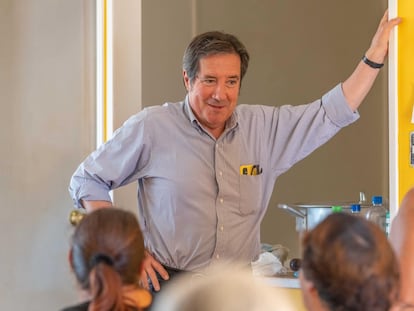
This two-term National Congress representative and former president of the Chamber of Deputies represents the right-wing Independent Democratic Union (UDI) party. The 73-year-old experienced and open-minded legislator is viewed as someone who can bridge the gap between the UDI and other parties. Eluchans said, “The principle of subsidiarity [to guarantee independence for a local authority in relation to central government] must coexist with solidarity in the constitution.” He has a well-rounded perspective, having served on the board of directors of the country’s central bank. He also supports certain aspects of the reformed constitution that was rejected last year.
Indigenous representative
Alihuén Antileo
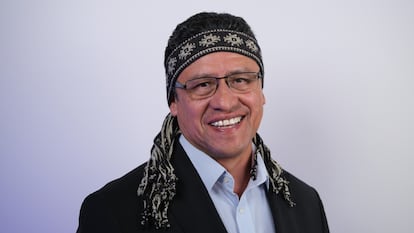
The Mapuche lawyer and academic secured a place in the Council representing indigenous peoples with the minimum national vote threshold of 1.5%. His voters cut across regional boundaries and encompassed the entire political spectrum. As the founder of the Meli Wixan Mapu indigenous alliance, Antileo is a key representative of the Mapuche people in Santiago. “Our cause is not political,” said Antileo. “Rather, we strive for the betterment of Chile and all its citizens.” The 58-year-old law graduate and former spokesman for the Arauco-Malleco Coordinating Committee (CAM), says civil rights and democratic government are his top priorities in the Council. He also seeks explicit recognition of indigenous rights and cultural history in the new constitution.
Sign up for our weekly newsletter to get more English-language news coverage from EL PAÍS USA Edition
Tu suscripción se está usando en otro dispositivo
¿Quieres añadir otro usuario a tu suscripción?
Si continúas leyendo en este dispositivo, no se podrá leer en el otro.
FlechaTu suscripción se está usando en otro dispositivo y solo puedes acceder a EL PAÍS desde un dispositivo a la vez.
Si quieres compartir tu cuenta, cambia tu suscripción a la modalidad Premium, así podrás añadir otro usuario. Cada uno accederá con su propia cuenta de email, lo que os permitirá personalizar vuestra experiencia en EL PAÍS.
¿Tienes una suscripción de empresa? Accede aquí para contratar más cuentas.
En el caso de no saber quién está usando tu cuenta, te recomendamos cambiar tu contraseña aquí.
Si decides continuar compartiendo tu cuenta, este mensaje se mostrará en tu dispositivo y en el de la otra persona que está usando tu cuenta de forma indefinida, afectando a tu experiencia de lectura. Puedes consultar aquí los términos y condiciones de la suscripción digital.








































